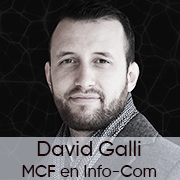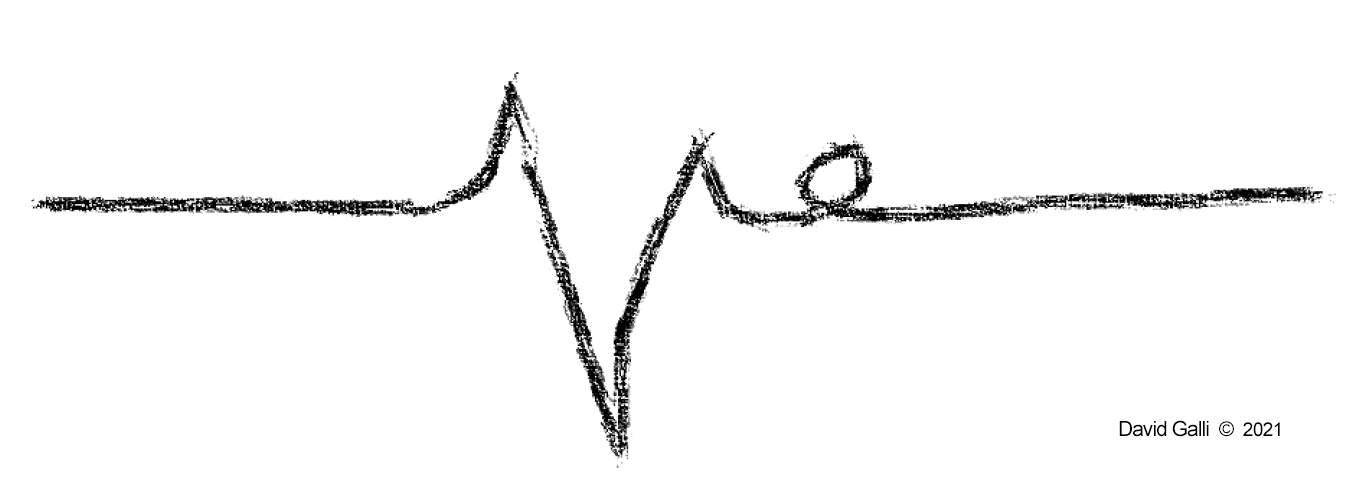[Portrait] David Galli, Senior Lecturer in Information and Communication Sciences
What is your research about?
My research is based on information and communication sciences. Today, the spectacle of the "living" allows a practice of the research which joins the creation artistic. My work consists of exploring this form of research-creation from scenes of contemporary life where, more and more, face-to-face, physical communication is reduced to digital interfaces.
I then organise meetings, in the field, to question my body and my emotions during scientific writing. My method, supported by Antonio Damasio, Dominique Wolton and Franck Renucci, aims to create new narratives between disciplines.
How far can the plasticity of the links between the research artists and the creation scientific?

What are your current scientific activities?
We are currently organising a symposium on Third-Party Cultural Facilities "The aim of this project was to create a 'space for dialogue' with twenty or so colleagues, including Émilie Pamart (Avignon University), in order to question these spaces which - like the Creative Villa The project's main objective is to provide a framework for research and creation, through meetings between researchers, professionals, students and artists.
I also continue my collective creative experiences with young people (students and teenagers) in parallel with my meetings with researchers and artists (Régine Chopinot, Grégory Chatonsky, Fabrice Hyber). These relationships then take the form of collective works that I co-edit, such as Pharmaphone (De Boeck Supérieur, 2020) or Mobile links (Alliage, 2021). My connections with others shape my assumptions as I publish.
Why did you choose to work in academic research?
My interest in academic research was born out of an encounter. Suddenly, another human tells you about his willingness It is the lively communication between a student and a researcher that often marks the beginning of a movement: a student's interest in (re)searching, in puzzles or in the (re)creation of hypotheses, concepts, theories. It is the living communication between a student and a researcher that often marks the beginning of a movement:
" the research imperative " (Hermes, The Review, CNRS Éditions, 2020).
What advice would you give to students who want to do research?
The first step might be to borrow a book The first would be to go to the library, read it, and then meet a researcher to ask a question. The second would be that moment when a concept seems mysterious, so that it must be explored with the researcher as the conversation continues. The third would be in the field, when one has to do live a questioning, again and again, through meetings and communication.
What object or image from your business best illustrates you?

This is the title of the "Vie" (David Galli) to be discovered in Liens mobiles (2021), the 82nd issue of the journal Alliage.
The laboratory
The LCC specialises in the communicative approach to cultural facts and conducts research on cultural institutions, practices and audiences.
>> Read more
The portraits
Updated on 24 January 2023